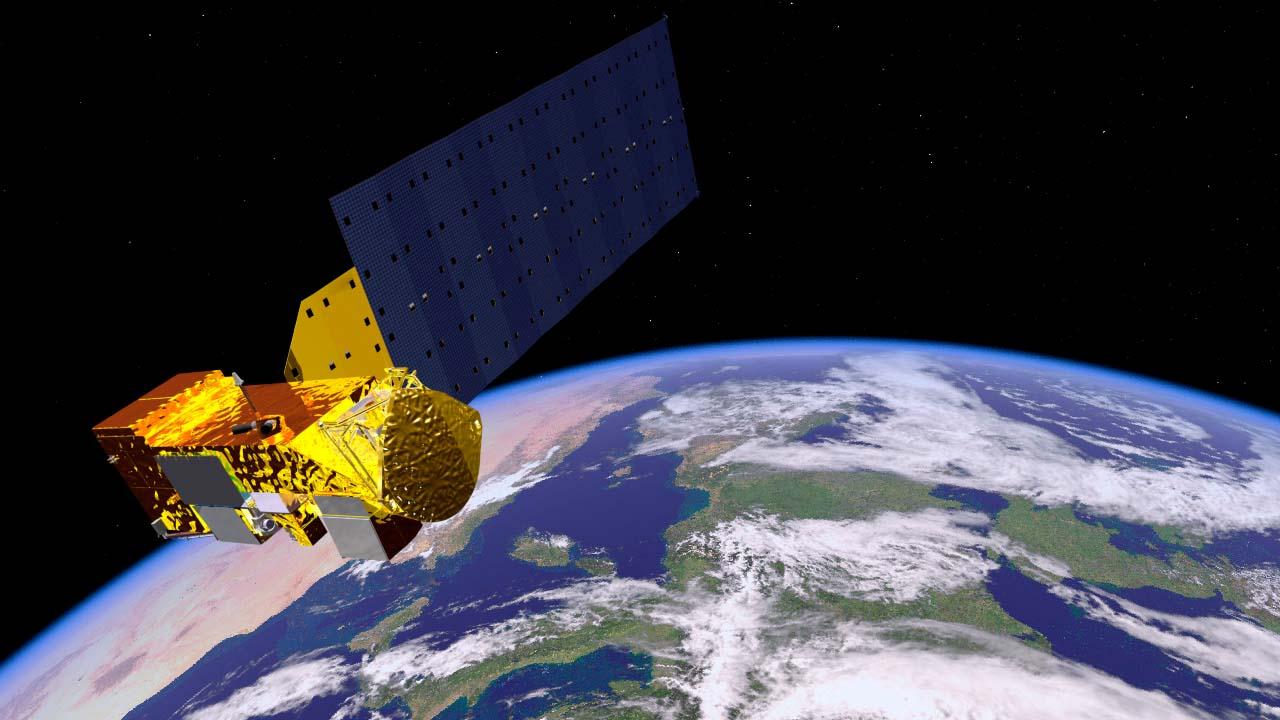Satellite services and application segment would form the largest share of the space economy accounting for 36% of the space economy of the country by 2025.
A report titled “Developing the space ecosystem in India: focusing on inclusive growth”, brought out by Indian Space Association, ISpA in collaboration with EY on the occasion of the first anniversary of the association says, by 2025, satellite manufacturing segment will be the 2nd fastest growing in the Indian space economy.
Setting-up space parks across the country is likely to give a fillip to companies operating across the space value chain, especially manufacturing key to attracting global startups working in the space sector and help to incubate spacetech companies in India.
The report was unveiled by Union Minister of State (Independent Charge) Ministry of Science and Technology, MoS PMO, Space and Atomic Energy, Jitendra Singh along with Chairman ISpA, Jayant D Patil, Chairman, ISRO, S. Somnath.
The report says, India has a well-developed space program, boosted by the realization of indigenous technology, facilities, systems, and rollout of services in a systematic manner. India accounted for approximately 2.6% of the global space economy in 2020 amounting to US$9.6 billion in 2020, which was 0.5% of the GDP in the country
The space launch segment is to grow the fastest by 2025 at a CAGR of 13% spurred by growing private participation, latest technology adoption and the low cost of launch services. Investment in space tech start-ups increased 196% y-o-y in 2021; there are more than 100 space tech start-ups in India. Indian satellite manufacturing opportunity in 2020 it was $2.1 billion and is expected to reach $3.2 billion by 2025.
For satellite manufacturing, “Make in India” initiative is expected to spur growth owing to increased demand for small satellites. Key considerations for creating an enabling space economy in India should include a single window approval process through a nodal body focused on space economy shall aid and ease the process of having in place requisite authorizations to enhance ease of doing business. A comprehensive space policy covering upstream and downstream activities will help formulate vision and provide policy predictability to bolster investment climate.
The report further said that Production Linked Incentive (PLI) scheme for satellite manufacturing, like mobile handsets and telecom equipment should be introduced and independent launch solutions of Indian private companies for satellites and other spacecrafts be promoted and access to cost effective capital for startups be facilitated. There was a need for holistic skills development – competency of systems engineering, training on how to operate satellites skillfully, and technology associated with special alloy for launch vehicles, it said.
Speaking on the occasion, Singh said that Indian start-ups will soon launch Space satellites as well as satellite constellations and try their rockets. The Minister also informed that five PSLVs are being domestically produced by L&T and HAL, while OneWeb is all set to launch their satellites through ISRO and NSIL.
He said that the revolutionary and out of box decision of Prime Minister Narendra Modi to unlock the Space sector for Private Industry in June 2020 changed the very nature of Space ecosystem of the country. He said that space reforms have unleashed the innovative potentials of start-ups and within a short span of time, from a couple of Space Start-ups three -four years back, today we have 102 start-ups working in cutting-edge areas of space debris management., nano-satellite, launch vehicle, ground systems, research etc.
The Minister said, with the integration of R&D, Academia and Industry with equal stake, it is safe to say that a Space Revolution led by ISRO along with the Private Sector and Start-ups is on the horizon. Singh recalled that while launching Indian Space Association (ISpA), a premier industry association of space and satellite companies on October 11, 2021, Modi said, “Our approach to space reforms is based on four pillars- freedom to the private sector in innovation, the role of the government as an enabler, making youth future-ready and seeing the space sector as a resource for the progress of common man”.


























